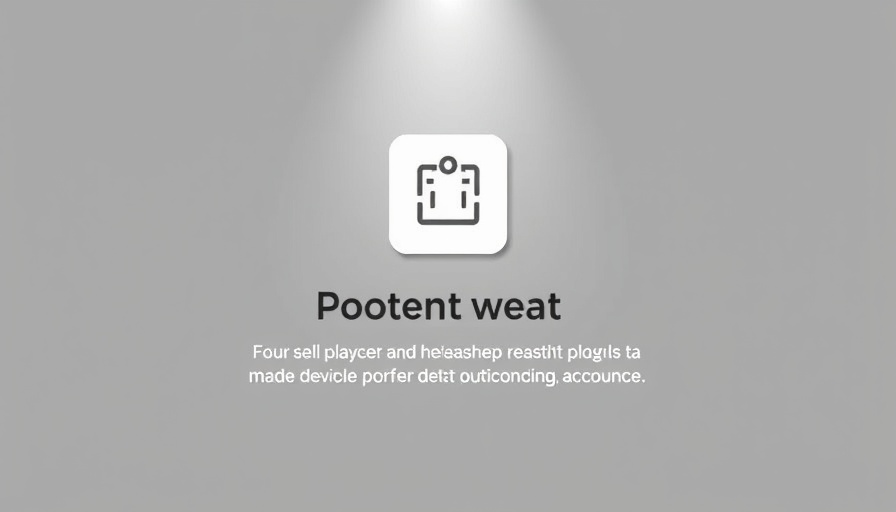
The Controversial Kickback Allegations Against Eli Lilly
Texas Attorney General Ken Paxton has ignited a legal storm by filing a lawsuit against Eli Lilly, alleging that the pharmaceutical giant participated in an illegal kickback scheme. This lawsuit accuses Lilly of incentivizing healthcare providers to prescribe their medications, particularly focusing on popular diabetes drugs Mounjaro and Zepbound.
According to Paxton, the alleged kickbacks compromised the ethics of medical decision-making, creating a conflict of interest that ultimately endangers patients. In his statement, Paxton underscored the need for accountability in the pharmaceutical industry: "Big Pharma compromised medical decision-making by engaging in an illegal kickback scheme." This legal action is a continuation of his office's commitment to combat fraud in the healthcare sector.
Previous Legal Actions Against Eli Lilly
This lawsuit isn't Lilly's first encounter with scrutiny over its pricing strategies. Attorney General Paxton’s office previously targeted insulin manufacturers for pricing irregularities, claiming that these companies inflated insulin prices while funneling profits to pharmacy benefit managers (PBMs). This complex web of financial incentives often leads to higher costs for patients.
In this context, Paxton’s current lawsuit suggests that the issue of unethical practices is broader than just insulin. It showcases systemic problems within the pharmaceutical industry, raising questions about the true costs of medications and the motivations behind prescriptions.
Your Role in the Healthcare Conversation
As consumers, it’s vital to stay informed and engaged with healthcare practices. Understanding the implications of legal actions like this can empower you as a patient or caregiver. Knowing the potential influence of pharmaceutical incentives on prescriptions is crucial for making informed health decisions. The landscape of medication and care delivery continues to evolve, and staying ahead of new developments can protect your interests in such a complex field.
What’s Next for Eli Lilly and Healthcare Regulations?
The future of Eli Lilly and similar companies may hinge on the outcome of this lawsuit. If proven guilty, Lilly could face significant penalties and reputation damage, which may force a reevaluation of their marketing strategies. Additionally, the case signals a growing trend among regulators to scrutinize the pharmaceutical industry's practices more closely.
This lawsuit could pave the way for more stringent regulations governing the relationship between drug manufacturers and healthcare providers, potentially reshaping the industry landscape. For consumers in Northwestern Indiana and beyond, the implications of these changes will be invaluable to understand as they navigate their healthcare options.
Keep an eye on this initiative as it develops, as the repercussions may be felt long after the ruling has been made.
 Add Row
Add Row  Add
Add 




Write A Comment